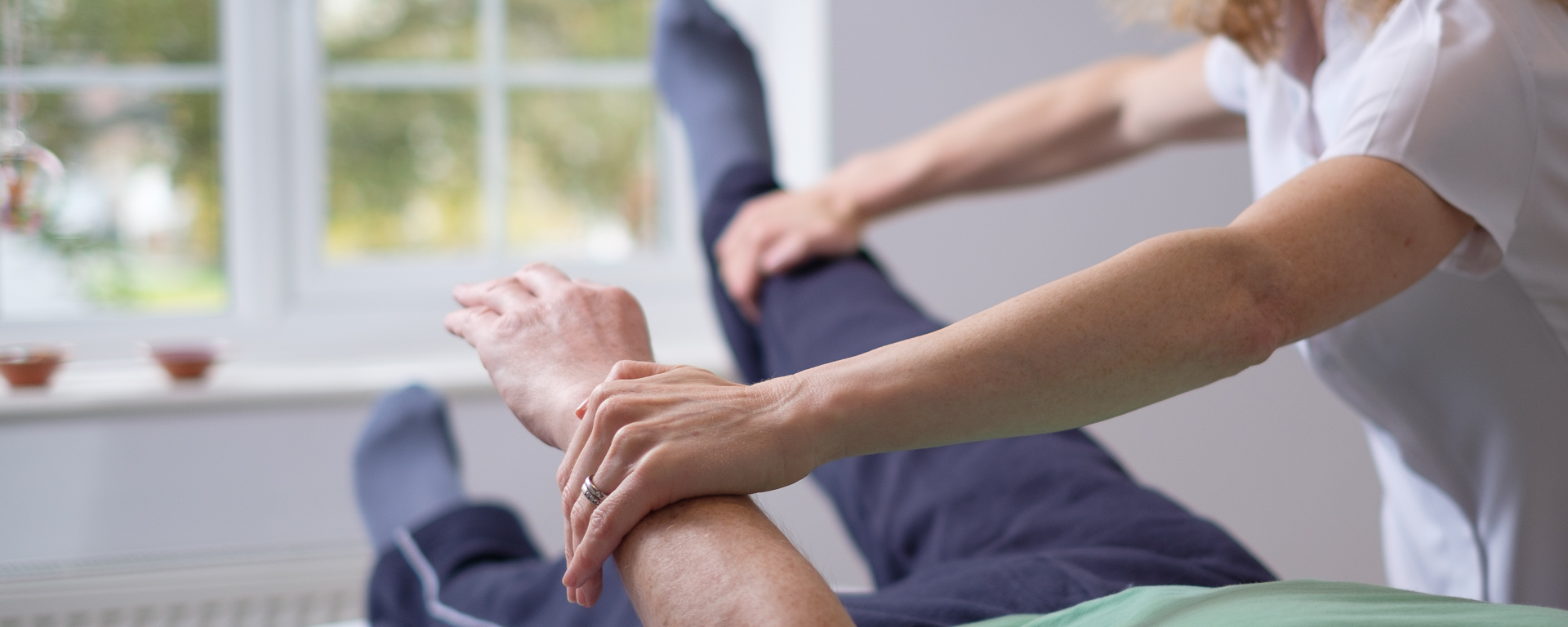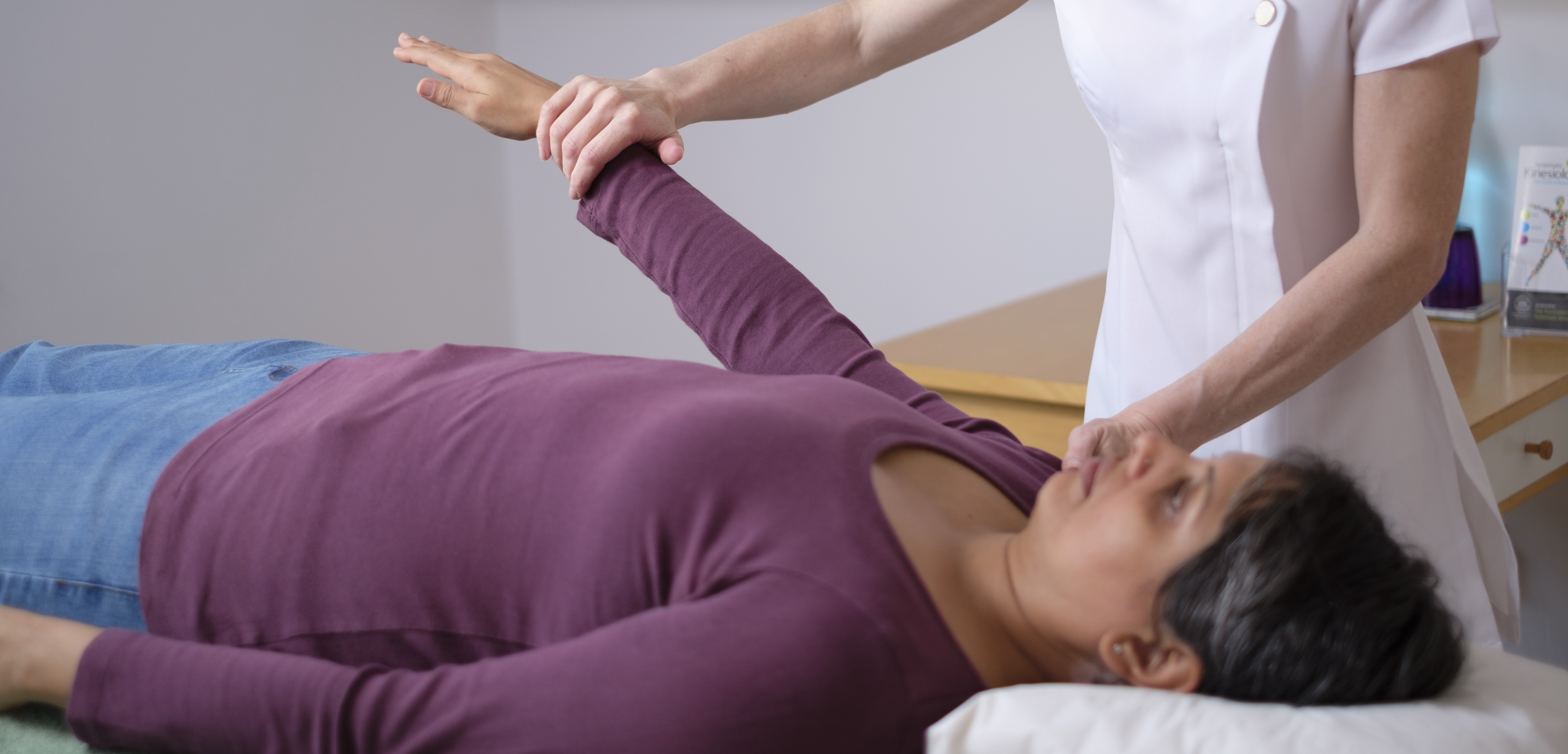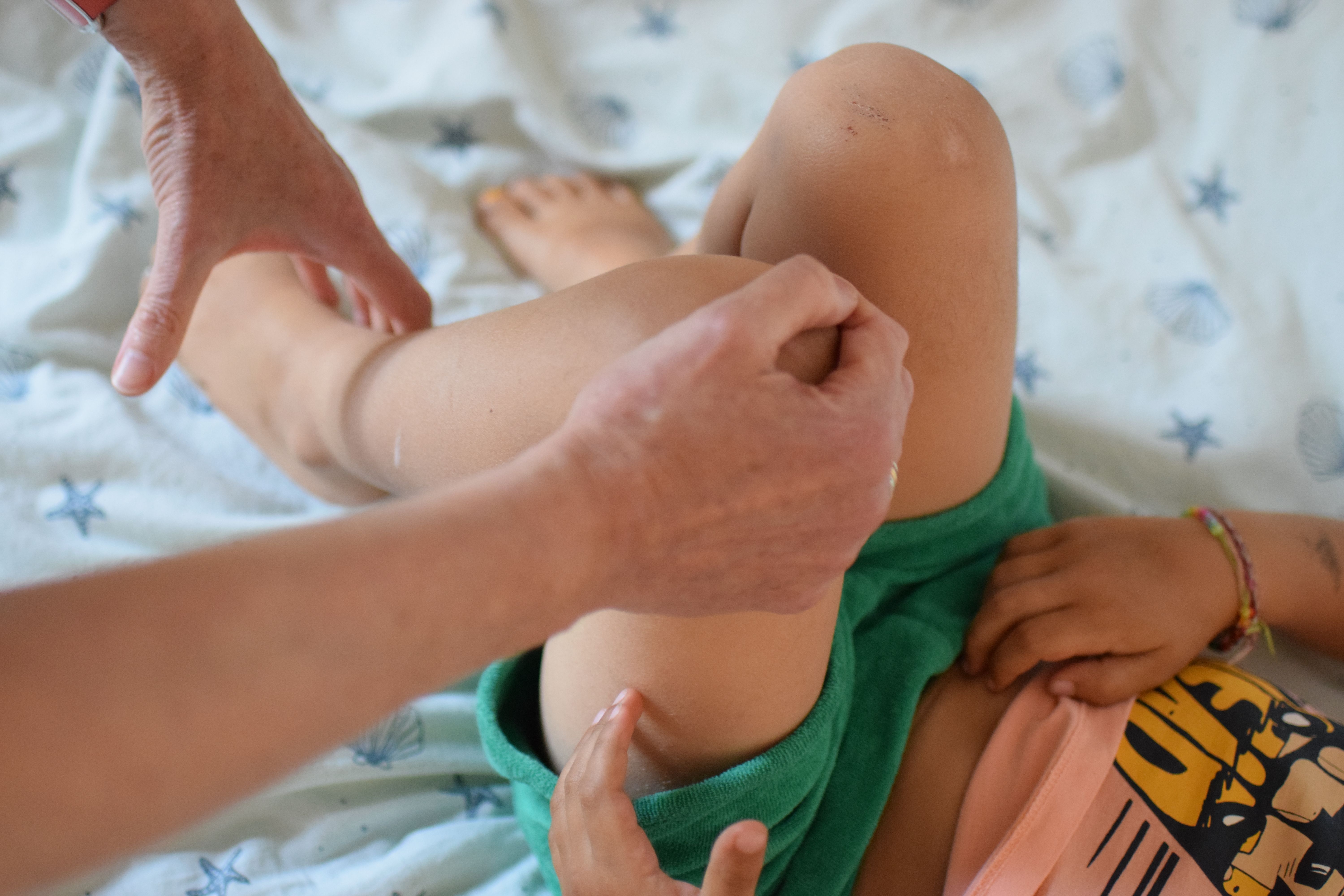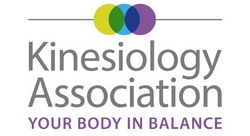 £0
£0Kinesiology Diploma Course 2025
Become a fully qualified Kinesiologist accredited by the CNHC (Complementary and Natural Healthcare Council) Professional Standards Authority
Course Cost:
£4,950 (Includes final assessment and exam fee)
Deposit of £750 followed by 10 x £420 on modules 1-10
Payment for all 12 modules in advance £4,500
Tutor:
Allison Prebble, Diplomate Kinesiology Tutor KA and trustee for the Kinesiology Association
Dates for 2025:
These are just to give you an idea of the timeline. If you are interested in doing the diploma course with me, let me know and we can work out the dates.
- Module One: September 2025
- Module Two: October 2025
- Module Three: November 2025
- Module Four: December 2025
- Module five: January 2026
- Module Six: February 2026
- Module Seven: March 2026
- Module Eight: April 2026
- Module Nine: May 2026
- Module Ten: June 2026
- Module Eleven: July 2026
- Practice weekend (no cost): August 2026
- Module Twelve (final exam): September 2026
Venue:
Centre for Wellbeing, Malvern, Worcestershire WR14 3PP
Included within the Diploma course:
- Fully Referenced 270 page text book
- Additional clear notes in accessible folder
- Free additional testing vials worth £100
- 12 months Kinesiology Association (KA) associate membership
- KA newsletters and webinars
- 2 Free online tutorials
- 12 modules (24 days) face to face teaching and workshops
- Final independent assessment
The Diploma Course is taught over 12 weekends (or equivalent). This course is suitable for:
- Those who have completed a foundation course within the past 12 months and wish to become qualified Kinesiologists
Overview of diploma course
The pre-requirement of the course is to have completed the foundation certificate in Kinesiology. You will also need a certified ITEC Anatomy and Physiology qualification as well as a recommended nutrition course to complete your full qualification as a practitioner. These can be completed prior to or during the course.
The course will cover more in depth techniques within the electrical, chemical/ nutritional, endocrine, emotional and structural systems within the body. You will learn how to add specific techniques into your current protocol as well as work in priority to support the body.
You will be required to complete 50 case studies complete with homework modules and a final written exam.
The weekends will cover elements of the systems highlighted below.
Electrical system
- Ionization, meridians, Bach flowers, lasers, centring
- Cloacals, hyoid, magnet energy, surrogate testing
- Environmental stressors, affirmations, phobias
- Pulse synchronisation, music, auras and meridians
- Scars, circulation sex meridian and feeling introverted
- Alarm points, LUO points
Emotional/ behavioural
- Left/Right brain integration
- Dyslexia, dyspraxia, ADHD, autism, learning difficulties
- Psychological reversal, phobias, self talk
- Eye rotations/ stress release, temporal tap, affirmations
- Past trauma recall, emotionally reactive memories
Chemical system
- Heartburn, Helicobacter pylori, Crohn's disease, ulcerative colitis
- Diverticulitis, gastro-colic challenge
- Leaky gut, arthritis, ICV and Houston Valve corrections
- Gluten intolerance, allergies, blood chemistry
- Drugs/ herbs, vitamins and contraindications
- Riddler's points, carbohydrate intolerance tests
- Salt/sugar addiction, acid/alkaline balance, histamine
- Cross crawl to reduce food sensitivities, essential fatty acid testing
- Toxicity in the body including heavy metals, liver/ gall bladder detoxification
- Candida, homocysteine testing, folic acid testing
Endocrine system
- Endocrine system and hormones
- GV20 and hypothalamus
- Chronic fatigue and Myalgia Encephalomyelitis (ME)
- Pineal, parathyroid, thyroid, thymus, pancreas, adrenals, testes and ovaries
Structural system
- Postural analysis, TMJ, hypertonic muscles, gaits, injury recall, dural torque
- Shock absorbers, reactive muscles, retrograde and anterograde lymphatics
- Hiatal hernia corrections, aerobic/ anaerobic muscle testing, ligament interlink
- Disc problems, vertebral fixations and subluxations,, hidden L5 /S1 fixations
- Lateral sway, wrist imbalances, joint issues in the shoulder, elbow, knees, sacrum
- Pelvis faults, cranial faults, categories 1 , 2 and 3, blood pressure, vision, anatomical or functioning short leg
- Carpal tunnel, uterine lift, occipital subluxations, strain - counter strain
Next Previous Testimonials
Working with children
“I honestly cannot thank you enough for today. I feel like a massive weight has been lifted. It was so lovely to see (my 8 year old) relaxed and giggling after an emotional 6 months."
Digestive support
"Allison is a kind, patient and caring practitioner. I found she has great empathy with her clients and works with them to get their health back on track, giving good, sound advice on diet and lifestyle. She has helped me so much, which is very much appreciated. I am now feeling so much better." Anne
Understanding My Body
"This was by far the most interesting appointment I’ve ever had. So helpful to understand my body and how it’s working and how I can correct it hopefully, with the help of Allison." Laura
Using Kinesiology
"After visiting another kinesiologist for over 20 years I wasn't quite sure how easy it would be to start afresh. However, I needn't have worried- Allison is very knowledgeable, extremely professional and I had a fantastic treatment. I've already recommended Allison to a local friend who is interested. I'm so pleased that kinesiology will continue seamlessly as a terrific source of healing and nutrition." JP, July 2022
Teaching the Diploma
Thank you for being a great teacher, storyteller, mentor! Thank you for sharing your knowledge. Very grateful. Also a huge thank you for pushing me and helping believe in myself that I am a great kinesiologist! Jessica
Patient with dystonia and Parkinsons
After you treated my Dad, there was such a significant change in the abnormal dystonia, posture (he looked 2 to 3 inches taller) and his ability to walk/ speed of walking. If I wasn't sold on kinesiology already, I definitely am now! Thank you so much! AC
Getting to the cause
Allison is very knowledgeable and thorough and has a lovely manner. I always have the impression that she has all the time in the world to get to the root cause of whatever problem I have and is then able to provide me with a solution. EC
Knowledgeable
Allison is fabulous! Experienced, supportive, an excellent listener, so knowledgeable and cares so much. CM
Enjoyable
My daughter (aged 9) enjoyed her appointment, and she is looking forward to her next. Such a lovely atmosphere and attitude. Very impressed, looking forward to an improvement in my daughter's health with the help you gave. So pleased with the treatment I think I’ll bring my son along for an appointment in the near future. Thank you. LH
Reassured
Always so reassured by Allison’s knowledge. Never any pressure to have additional appointments going forward. Thank you Allison. JG
Gut health
Our quality of life has improved so much because I'm not stressed all the time, anymore. To describe the improvement as a miracle is not an exaggeration. I can now go out without worrying and continue my work without constant interruptions. Truly amazing and we are so grateful. DS
Clearer skin
I saw you at the end of April, you advised no gluten or chocolate. I am delighted to tell you that my psoriasis has completely cleared. JG
Teaching
Thank you Allison, I have learnt so much and am so pleased to have embarked on this journey. Thank you for sharing your knowledge and wanting us to be the best kinesiologists we can be. Your passion for the profession really shines through and is very motivational. Thank you for your patience and extra explanations when I have felt overwhelmed or confused. Anna J









